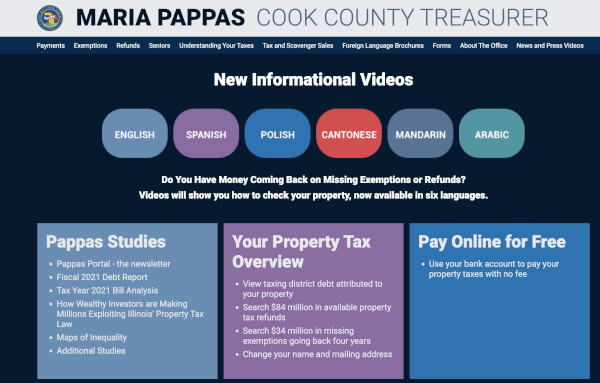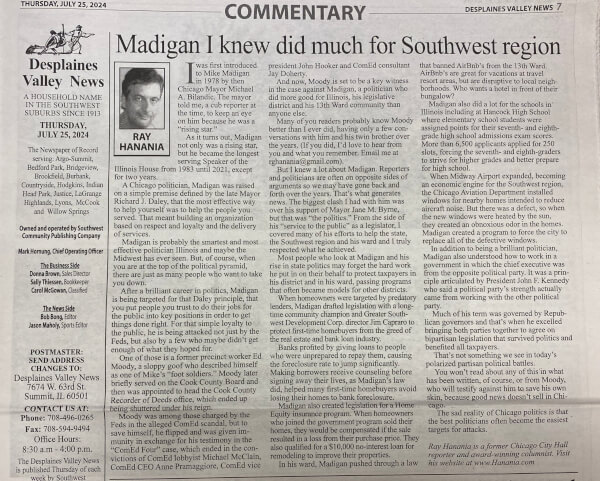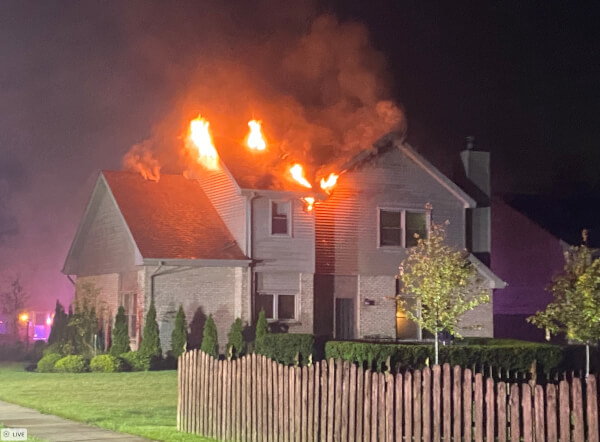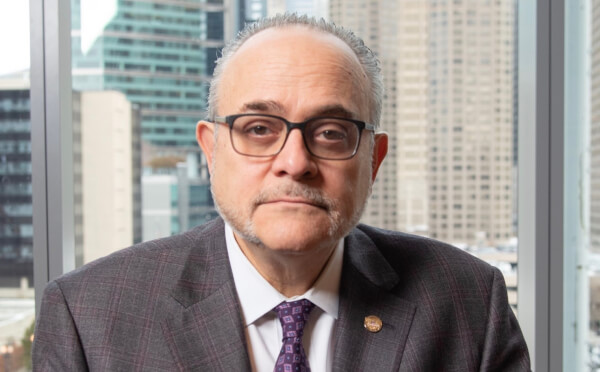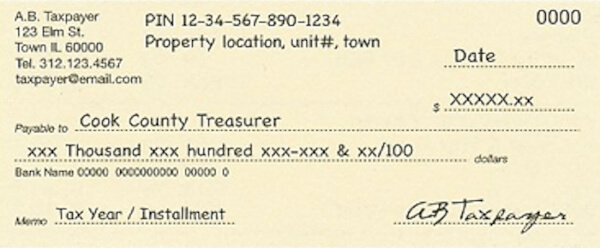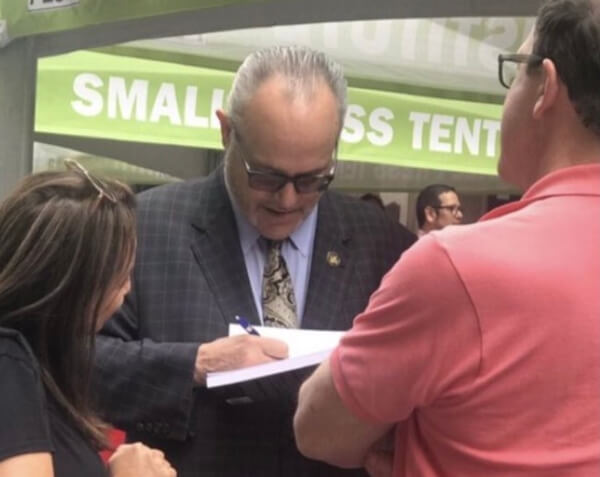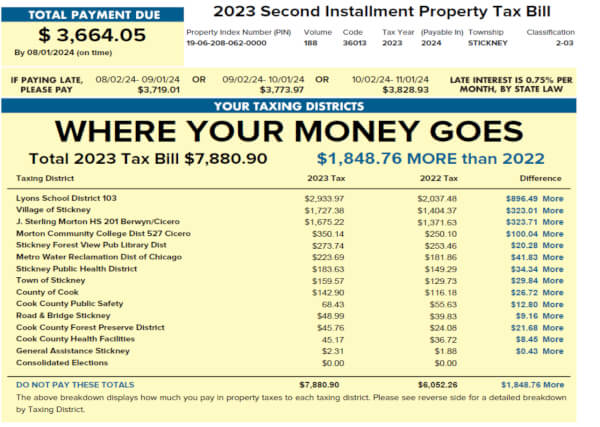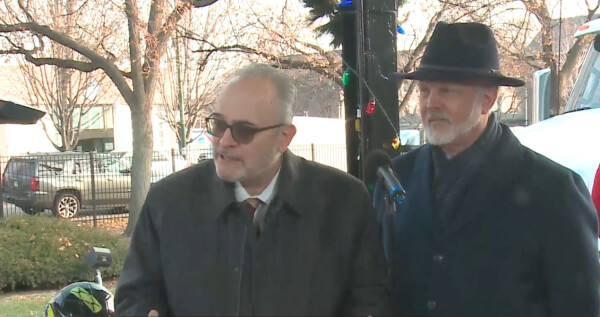Chicago aldermen urge Mayor Lightfoot to support new agenda
Progressive Aldermen and Aldermen-Elect Announce Reimagine Chicago 100 Day Legislative Platform. Emboldened progressive bloc release “100 Day Plan to Reimagine Chicago” with legislative priorities for the first 100 days
Thursday, progressive aldermen and aldermen-elect released a “100 Day Plan to Reimagine Chicago” with legislative priorities for the first 100 days authored by community and labor organizations with the Reimagine Chicago coalition.
The move comes on the eve of the historic inauguration for Chicago’s first Black woman mayor and an emboldened socialist and progressive flank in City Hall.
“In April, voters made their voices heard – what Chicago doesn’t want is the status quo, the corruption, or the machine politics of the past as it has not served us well. Voters opted instead for the promise of change. Now is the time to make good on that promise,” said Alderman-Elect Andre Vasquez, who defeated 36-year incumbent Patrick O’Connor in the 40th Ward.
The 100 Day Plan is made up of seven “shovel-ready” ordinances aimed at making Chicago a more livable and welcoming city for working-class communities of color–the communities hit hardest by eight years of policies that put the needs of tech and real estate moguls over working families.
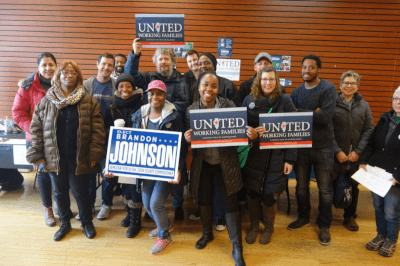
Released in an open letter addressed to Mayor-Elect Lori Lighfoot and the new City Council, the plan signals a growing bloc of aldermanic commitments to support a set of ordinances that languished under Rahm Emanuel, including taxing the sale of multi-million-dollar properties, building affordable family housing and integrated public housing, and returning the TIF dollars to Chicago Public Schools.
At the time of printing, the signers were: Aldermen-Elect Maria Hadden (49), Daniel LaSpata (1), Matt Martin (47), Mike Rodriguez (22), Rossana Rodriguez Sanchez (33), Byron Sigcho Lopez (25), Jeanette Taylor (20), and Andre Vasquez (40) and Aldermen Leslie Hairston (5), Susan Sadlowski Garza (10), and Carlos Ramirez Rosa (35).
Read the open letter and the full list of ordinances online here: www.unitedworkingfamilies.org/news
“The last administration did not address homelessness head on, and it has only gotten worse,” said community member Edrika Fulford, who experienced homelessness after her mother died and her house was foreclosed on. “I never want anyone to go through what I went through.”
“The 100 Day Plan to Reimagine Chicago includes pieces of legislation that we championed for many years, but that Mayor Rahm Emanuel sabotaged in order to pursue his downtown-driven corporate agenda,” said 10th Ward Alderman Susan Sadlowski Garza. “But it’s a new day in Chicago, and we are ready to take immediate action to begin undoing the harm of the last eight years.”
The aldermen released the following letter identifying programs they believe need to be approved by Mayor Lightfoot.
Our 100 Day Plan to Reimagine Chicago
To: Mayor-Elect Lori Lightfoot and Chicago City Council
From (list in formation): Aldermen-Elect Maria Hadden (49), Daniel LaSpata (1), Matt Martin (47), Carlos Ramirez Rosa (35), Mike Rodriguez (22), Rossana Rodriguez Sanchez (33), Susan Sadlowski Garza (10), Byron Sigcho Lopez (25), Jeanette Taylor (20), and Andre Vasquez (40)
Re: Our 100-Day Agenda to Reimagine Chicago
For the past eight years, the political status quo enriched tech investors, Wall Street financiers, and real estate moguls while Black and Latinx Ch100 icagoans lost their jobs, their homes, and their lives. Like you, we campaigned on a platform to break with this tragic history and make Chicago a city for the many–not just the wealthiest few.
With inauguration fast approaching, we look forward to working with you to reimagine Chicago as a city where working families and communities of color can thrive. As the incoming bloc of progressive aldermen-elect, we are ready to get to work to pass the following legislation within the first 100 days.
-
Restore public housing with the Homes for All Ordinance. The Homes for All Ordinance will require that all public housing units are preserved on a one-for-one apartment basis in any future redevelopment of public housing, and that family-sized units are produced by the CHA as it rebuilds. The Homes for All Ordinance protects public housing land for public housing purposes, and integrates at least 20% of future public housing construction into high-wealth, high-opportunity neighborhoods.
-
Build affordable family housing with the Development for All Ordinance. Current loopholes in the existing Affordable Requirements Ordinance (ARO) have completely undermined the production of affordable housing, especially in gentrifying areas. The Development for All ordinance eliminates these loopholes, including ending “in lieu of fees” that developers pay to avoid building affordable units, ending the “off-siting” of affordable construction in lower-income neighborhoods, and mandating the production of family-sized (e.g. 3 bedroom) units. Developers who need upzoning approval from the city will be required to set aside at least 30% of new construction for affordable units.
-
Fight homelessness with Bring Chicago Home. 80,000 Chicagoans experience homelessness, including military veterans, survivors of domestic abuse, and 18,000 CPS students. Bring Chicago Home would place a question on the ballot asking voters to approve a 1.2-point tax increase on real estate transactions worth more than $1 million–enough to generate $100-150 million annually for housing and services to address homelessness.
-
Fund Chicago Public Schools with TIF Surplus Reform. Recent years have seen Tax Increment Financing, initially intended to spur economic development in poor neighborhoods, used instead as a slush fund for mega-developers like Sterling Bay and Related Midwest. This ordinance would require the city to send the available TIF surplus back to Chicago Public Schools on a yearly basis for as long as the school district is in financial distress.
-
Pay low-wage workers more with a $15 minimum wage by 2021. This ordinance will raise the minimum wage to $15 by the year 2021. The ordinance will apply to public sector, private sector, and tipped workers.
-
Stop south side displacement with a Community Benefits Agreement Ordinance for the Obama Presidential Center. The Obama Center CBA ordinance will preserve existing affordable housing, provide additional affordable housing options, and prevent displacement of long-term residents from the area surrounding the Obama Presidential Center. Specifically, the ordinance will require developers to set aside 30% of new units for households earning less than half of the average median income and establish a community trust fund to assist long-term residents with property tax relief, affordable housing development, rental assistance, and workforce development. In February, voters in four precincts near the future Obama center overwhelmingly supported these proposals.
-
Curtail racial profiling with amendments to the Welcoming City Ordinance. Chicago police can arrest or detain immigrants based solely on their immigration status if they are one of the 130,000 people named in the city’s unjust and inaccurate gang database, or if they have an outstanding warrant or a previous felony conviction. The Welcoming City ordinance would remove these allowances and protect people of color from harassment, racial profiling, and deportation by Chicago police.
Many of these ordinances languished under Mayor Rahm Emanuel and his downtown-driven corporate agenda. But it’s a new day in Chicago. We are committed to working with the bold grassroots and labor organizations driving these fights, as well as our new colleagues and Mayor in City Hall, to pass these ordinances in the first 100 days and begin making a city for the many a reality.

